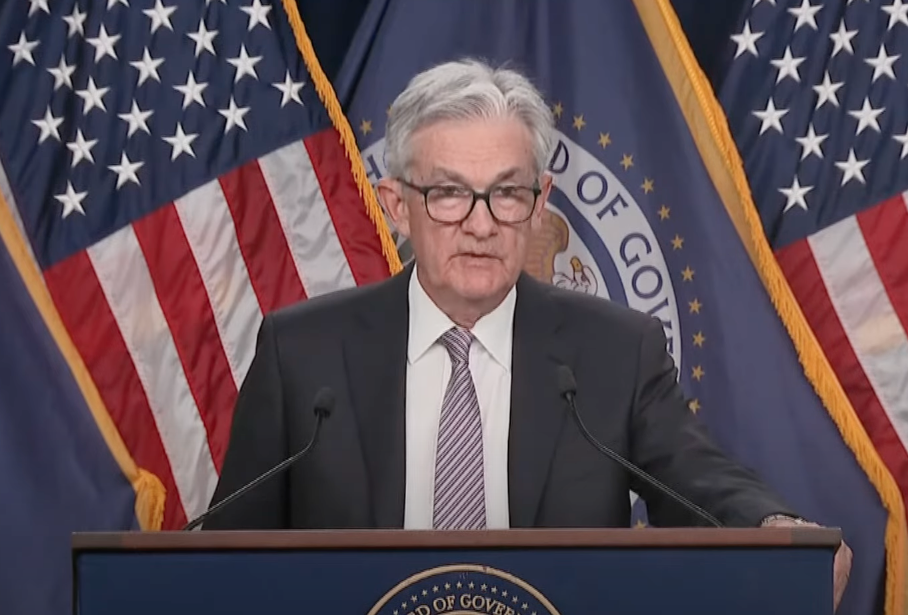Federal Reserve Chairman, Jerome Powell, indicated on Friday that the upcoming meeting in June might not witness an escalation in the primary interest rate. This potential policy change arrives after a 14-month-long consistent upswing in the central interest rate aimed at mitigating rampant inflation.
Powell's statements have offered some insights into the anticipated future actions of the Federal Reserve, especially considering the diversity of opinions voiced by other central bank officials during the week.
Powell explained, "We've achieved significant progress, enabling us to evaluate incoming data and the emerging economic landscape, thereby making informed decisions." This comment alludes to the central bank's series of ten consistent rate augmentations that have surged the primary short-term rate from nearly zero to approximately 5.1% within the last year, marking the highest it has been in 16 years.
During a central bank conference in Washington, Powell pointed out that the primary rate has reached a level that curbs borrowing, expenditure, and economic expansion. This assertion suggests that the Fed anticipates that restrained growth might contribute to inflation cooling down eventually.
The previous week saw several central bank officials implying their endorsement for a halt in rate escalations, based on the idea that the economy is yet to fully reflect the impact of these increases, which could take a few more months. This perspective proposes that the Fed should take some time to gauge the repercussions of its decisions and refrain from inadvertently triggering a recession by excessively limiting credit.
Powell seemed to align with this perspective, acknowledging that the impact of the central bank's previous tightening efforts was still uncertain. He further hinted at a shift in the policy stance by stating that the trade-off between potential risks was approaching a balanced state. This marks a departure from his earlier statements, where he stressed more on the risk of under-reacting to inflation than on over-tightening leading to a severe recession.
The Chairman also touched upon the recent destabilization in the banking sector caused by the collapse of three large banks in the past couple of months. He warned that this scenario might prompt a deceleration in lending activities, which, in turn, could undermine the economy.
"As a consequence, the policy rate might not have to be elevated as much as we previously expected to achieve our objectives," Powell observed. He added that the degree of this effect remained highly speculative.
The week had seen mixed messages from the central bank officials about the possible next steps. While most policymakers indicated the need for a halt in rate hikes during the next meeting, others insisted that the rates must be increased further to control persistent inflation. For instance, Lorie Logan, the president of the Federal Reserve Bank of Dallas, on Thursday, claimed that inflation was still too elevated and that recent economic figures did not substantiate a pause in rate hikes.









